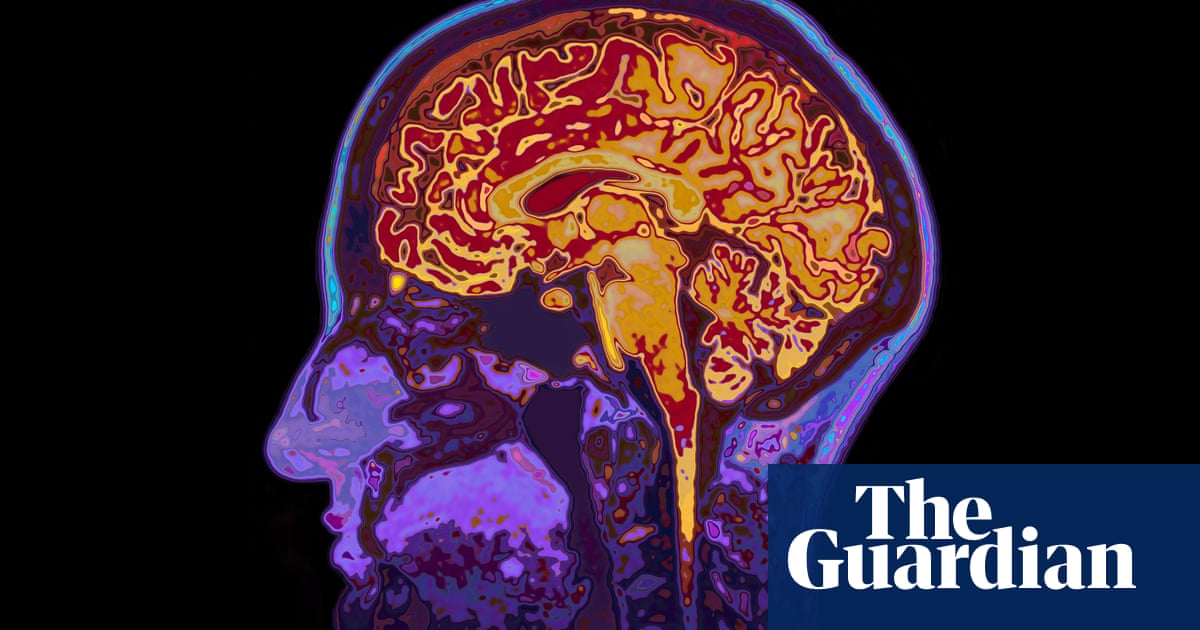
From squabbling over who booked a disaster holiday to differing recollections of a glorious wedding, events from deep in the past can end up being misremembered. But now researchers say even recent memories may contain errors.
Scientists exploring our ability to recall shapes say people can make mistakes after just a few seconds – a phenomenon the team have called short-term memory illusions.
“Even at the shortest term, our memory might not be fully reliable,” said Dr Marte Otten, the first author of the research from the University of Amsterdam. “Particularly when we have strong expectations about how the world should be, when our memory starts fading a little bit – even after one and a half seconds, two seconds, three seconds – then we start filling in based on our expectations.”
Writing in the journal Plos One, Otten and colleagues note previous research has shown that when people are presented with a rotated or mirror-image letter, they often report seeing the letter in its correct orientation.
While this had previously been put down to participants mis-seeing the shape, Otten and colleagues had doubts.
“We thought that they are more likely to be a memory effect. So you saw it correctly, but as soon as you commit it to memory stuff starts going wrong,” said Otten.
To investigate further, the researchers carried out four experiments.
In the first, participants were screened to ensure they were able to complete basic visual memory tasks before being presented with a circle of six or eight letters, one or two of which were mirror-image forms.
After a matter of seconds, participants were shown a second circle of letters which they were instructed to ignore – this acted as a distraction. They were then asked to select, from a series of options, a target shape that had been at particular location in the first circle, and rate their confidence in this choice.
The results from 23 participants who frequently reported high confidence in their answers revealed the most common mistake was selecting the mirrored form of the target shape. However, this occurred more often when the target shape itself was a mirrored letter. Indeed, participants stated they had seen a real letter in 37% of cases when they had been shown a mirrored letter, compared with 11% of cases for the reverse scenario.
The team say the bias suggests the mistakes were driven by participants’ knowledge of the alphabet and hence their expectations, rather than just similarities in the appearance of the shapes.
The number of errors rose as the delay period, or level of distraction, in the experiment increased – but only where the target shape was a mirrored letter.
This, the researchers say, indicates the errors are down to mistakes not in how participants perceived the shapes but in their short-term memory, given the perception itself should not deteriorate over time.
They add that the high confidence with which participants reported their answers also rules out the possibility the results are simply down to participants guessing.
The findings were confirmed by results from three similar experiments involving a total of 348 participants.
The team say they are now hoping to investigate whether similar effects hold in real-world situations, and for other types of recollection.
Indeed, Otten noted that details of speech were rapidly replaced by a general meaning of the sentence.
“The bigger effects when it comes to social expectations might be intonation, [for example] ‘oh, she said that in a really angry and upset voice,’ right? Whereas maybe the intonation wasn’t that, but it’s just coloured quickly in your memory based on your assumptions about how women are,” she said.












